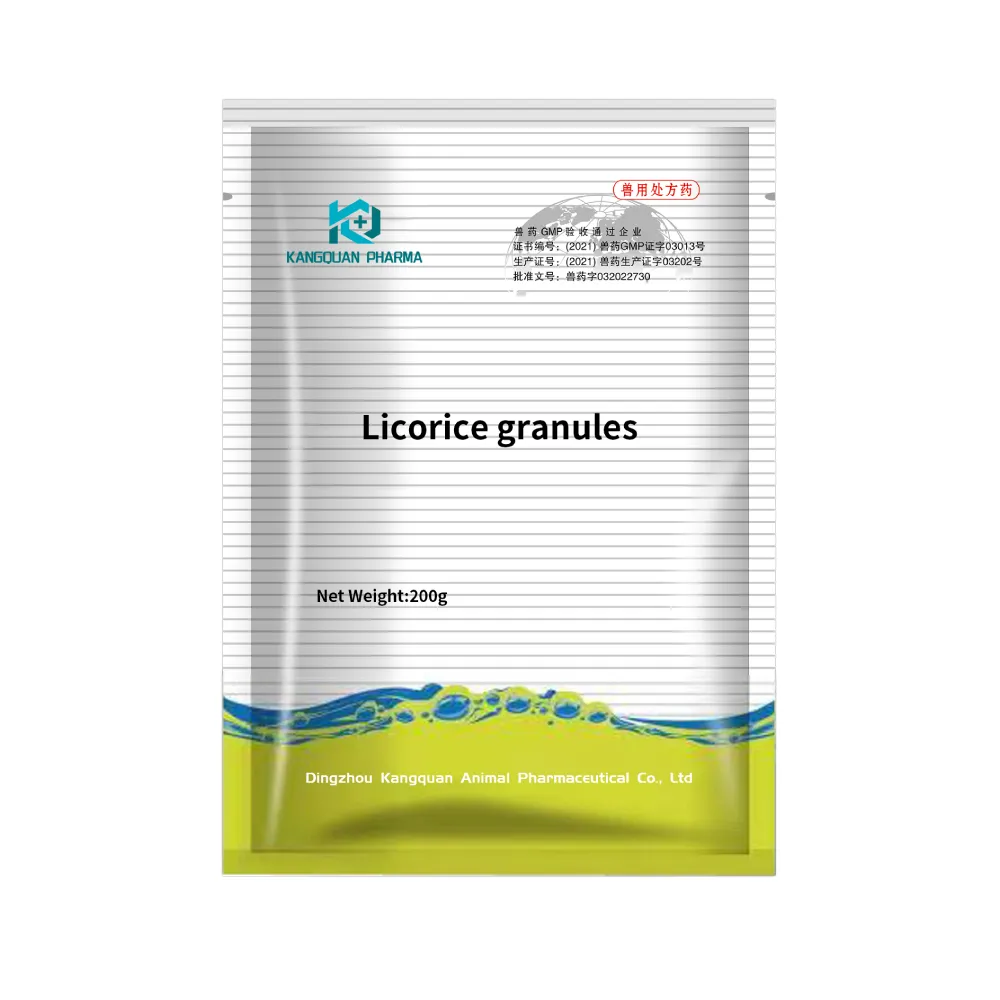- Afrikaans
- Albanian
- Amharic
- Arabic
- Armenian
- Azerbaijani
- Basque
- Belarusian
- Bengali
- Bosnian
- Bulgarian
- Catalan
- Cebuano
- Corsican
- Croatian
- Czech
- Danish
- Dutch
- English
- Esperanto
- Estonian
- Finnish
- French
- Frisian
- Galician
- Georgian
- German
- Greek
- Gujarati
- Haitian Creole
- hausa
- hawaiian
- Hebrew
- Hindi
- Miao
- Hungarian
- Icelandic
- igbo
- Indonesian
- irish
- Italian
- Japanese
- Javanese
- Kannada
- kazakh
- Khmer
- Rwandese
- Korean
- Kurdish
- Kyrgyz
- Lao
- Latin
- Latvian
- Lithuanian
- Luxembourgish
- Macedonian
- Malgashi
- Malay
- Malayalam
- Maltese
- Maori
- Marathi
- Mongolian
- Myanmar
- Nepali
- Norwegian
- Norwegian
- Occitan
- Pashto
- Persian
- Polish
- Portuguese
- Punjabi
- Romanian
- Russian
- Samoan
- Scottish Gaelic
- Serbian
- Sesotho
- Shona
- Sindhi
- Sinhala
- Slovak
- Slovenian
- Somali
- Spanish
- Sundanese
- Swahili
- Swedish
- Tagalog
- Tajik
- Tamil
- Tatar
- Telugu
- Thai
- Turkish
- Turkmen
- Ukrainian
- Urdu
- Uighur
- Uzbek
- Vietnamese
- Welsh
- Bantu
- Yiddish
- Yoruba
- Zulu
9 月 . 02, 2024 13:25 Back to list
Is Ivermectin Injection Safe for Pregnant Cows?
Is Ivermectin Injection Safe for Pregnant Cows?
Ivermectin is a broad-spectrum antiparasitic agent that has gained significant popularity in veterinary medicine for treating various parasitic infections in livestock, including cattle. As the agricultural industry strives for better animal health and productivity, the use of ivermectin in pregnant cows has come under scrutiny. Understanding the safety and implications of using ivermectin injections during pregnancy is crucial for both animal health and agricultural productivity.
Ivermectin works by binding selectively to certain chloride channels in invertebrates, leading to paralysis and death of parasites. It is effective against a range of parasites, including gastrointestinal roundworms, external parasites like mites and lice, and some ectoparasites. Its ease of administration, coupled with a wide safety margin in most livestock, has led to widespread use. However, the administration of any medication during pregnancy raises questions regarding potential risks to both the pregnant animal and the developing fetus.
Research regarding the safety of ivermectin in pregnant cattle is limited, but available studies suggest that ivermectin is generally safe when used according to label directions. A study published in the *Journal of Veterinary Pharmacology and Therapeutics* noted that doses of ivermectin commonly used for treating cattle are well-tolerated in pregnant animals, with no significant adverse effects reported. Nonetheless, it is vital for producers to adhere strictly to the recommended dosages and routes of administration to minimize any risks. Overdosing or incorrect usage may lead to complications that could jeopardize the health of both the cow and her calves.
is ivermectin injection safe for pregnant cows

One of the major concerns with any medication during pregnancy is the potential for teratogenic effects, which could affect fetal development. Current evidence does not indicate that ivermectin poses significant risks in this regard, especially when used appropriately. Field studies have indicated no evidence of birth defects or health issues in calves born to cows treated with ivermectin during pregnancy. However, as with any medication, individual reactions can vary, and monitoring is essential.
Another consideration is the timing of administration. Ivermectin can be safely administered during various stages of gestation, but the late gestation period is often seen as the most sensitive window. Producers are advised to consult with a veterinarian to determine the most appropriate timing and to evaluate the necessity of treatment based on prevailing parasite loads and health conditions.
It is also worth mentioning the implications of withholding treatments to pregnant cows. Failure to control parasitic infections can lead to compromised health and productivity, resulting in weight loss, reduced milk yield, and increased vulnerability to other diseases. Therefore, managing the health of the cow effectively during pregnancy is paramount.
In conclusion, ivermectin injections can be considered safe for pregnant cows when used correctly and at recommended dosages. Nevertheless, it is essential for livestock producers to consult with veterinarians to ensure the health of both the cow and her developing calf. Ongoing research and monitoring for any updates on ivermectin use in this context will be crucial as the industry continues to evolve. Maintaining a balance between effective parasite control and ensuring the safety of pregnant animals is vital for the future of livestock management.
-
The Power of Radix Isatidis Extract for Your Health and Wellness
NewsOct.29,2024
-
Neomycin Sulfate Soluble Powder: A Versatile Solution for Pet Health
NewsOct.29,2024
-
Lincomycin Hydrochloride Soluble Powder – The Essential Solution
NewsOct.29,2024
-
Garamycin Gentamicin Sulfate for Effective Infection Control
NewsOct.29,2024
-
Doxycycline Hyclate Soluble Powder: Your Antibiotic Needs
NewsOct.29,2024
-
Tilmicosin Premix: The Ultimate Solution for Poultry Health
NewsOct.29,2024













